On the European Commission's website, you can search for completed and ongoing projects under the Erasmus+ tab. Filtering on LGBTIQ+ (more precisely LGBTI+), you can find 106 completed and 22 ongoing projects. All of the 22 projects currently receiving substantial EU funding strongly focus on LGBTQ issues, except one (which does not explicitly describe promoting LGBTQ+ rights or movements as its objective).
Thus, filtering on the key word LGBTI+ under the Erasmus+ program will reveal that the total funding these ongoing projects receive amounts to € 2 ,429, 266, all from the European Union budget.
The overall aim of the Erasmus+ program is to support the educational, professional and personal development of people involved in education, training, youth policy and sport through lifelong learning. In general, the program is open to any organization active in the field of education, training, youth or sport.
How is EU taxpayers' money spent?
A browse through the 21 projects on the site reveals for example the following:
- United Choir for Gender Equality (project participants aim to present their culture through music, and increase their knowledge of concepts related to gender identity, sexual orientation, gender stereotypes, and the rights of the LGBTI community)
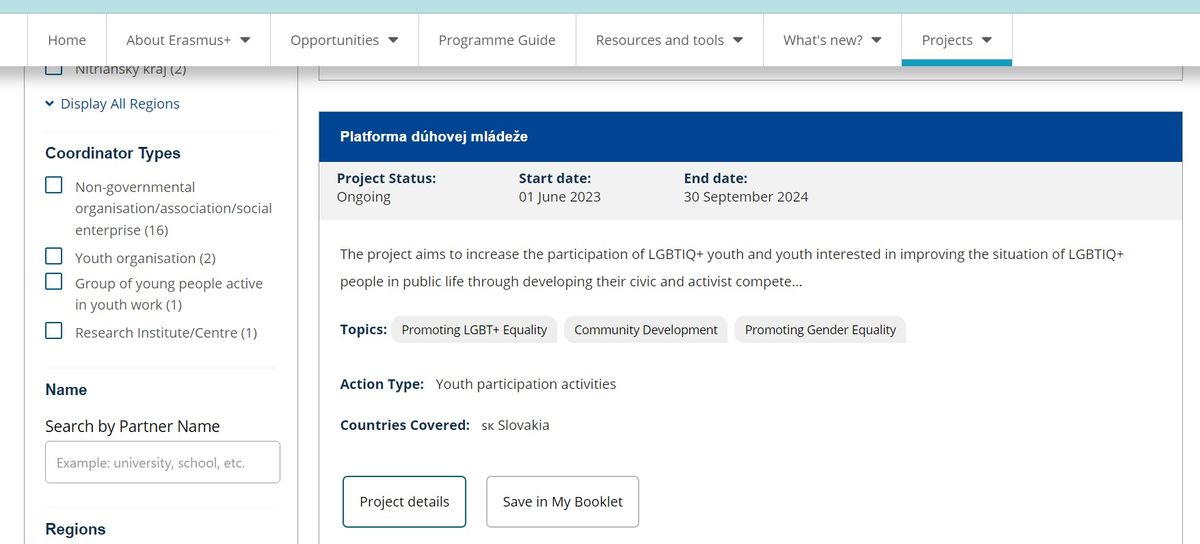
- Building the capacities of service providers in elder residential care on how to provide a more inclusive (meaning the acceptance of the full spectrum of gender minorities in the gender lobby's terminology) service provision for older LGBTQI+ users
- Rainbow Peer Forces
- Build up for Thessaloniki EuroPride
- Adult trainings for LGBTI activists under Erasmus+ EU program
- DragTivism (an acronym for drag personality and activism. A drag person/queen is a male, who uses flamboyant clothing and heavy makeup to imitate and exaggerate female gender signifiers)
- DragTivism Jr: The objective set by the DragTivism Junior project is no different from that of the DragTivism project, that is, exploring gender expression as a form of art but targets 14-17 year olds.
- Missing pieces for educators and local stakeholders addressing inclusive sport
Training for civic awareness and activism is a recurring element in the project descriptions.
Objectively, however, there is one conclusion to the phenomenon, and it was drawn by Frank Furedi, head of the MCC Brussels think tank.
This is how the EU spends its budget,
the professor wrote, highlighting a project in the DragTivism series.
What happens in such projects?
For example, there are no specific reports on DragTivism Jr events/trainings (?) on the internet, but the project description says:
The project will combine several methodologies and tools: techniques referring to non-formal education, role-playing and team games, sports activities and creative workshops, linguistic animation and moments of individual and group reflection.
The project will involve 30 young people aged 14-17, 10 group leaders and 4 facilitators, says the information on the EU's website.
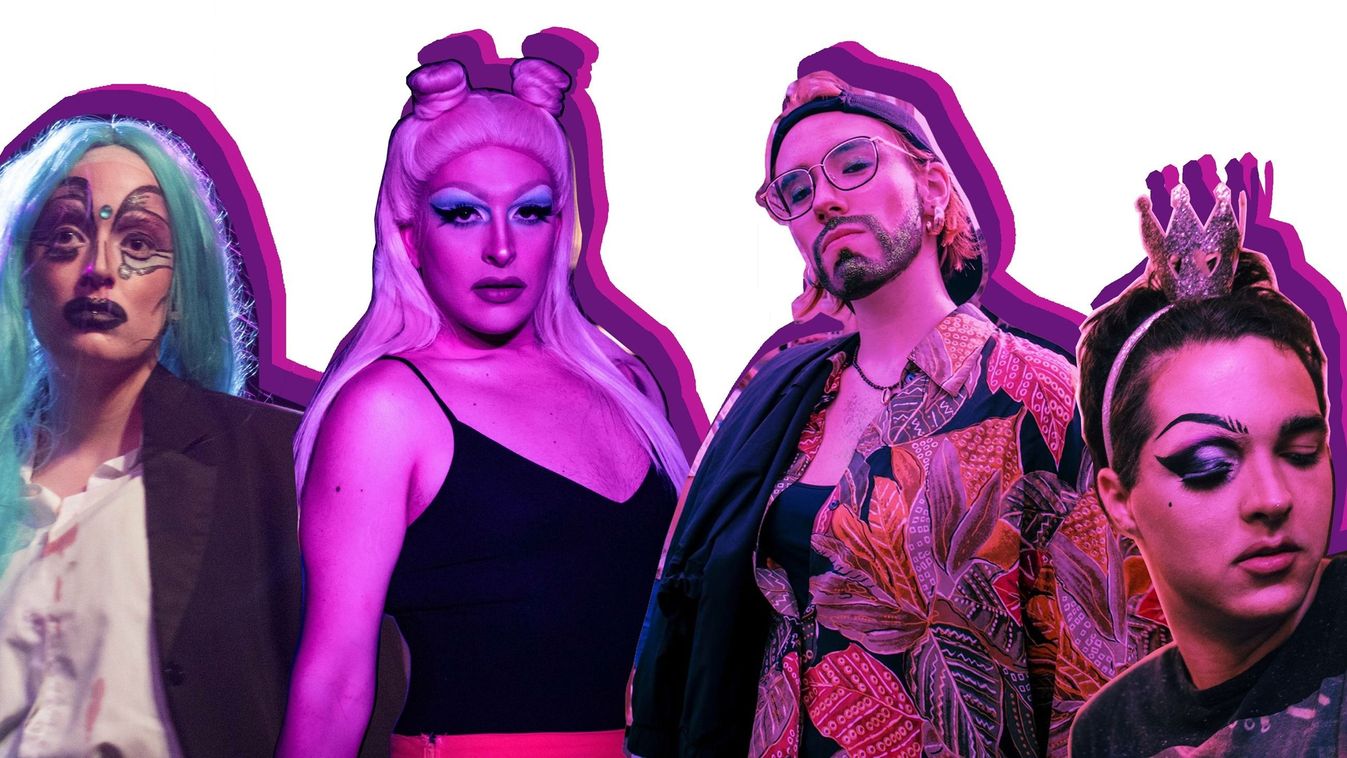
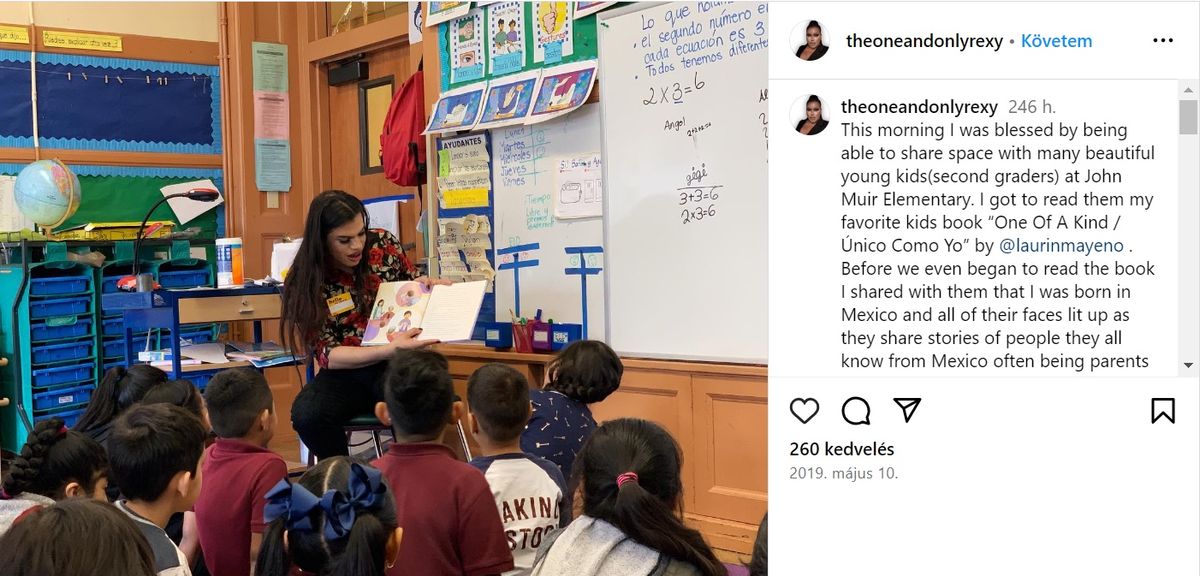


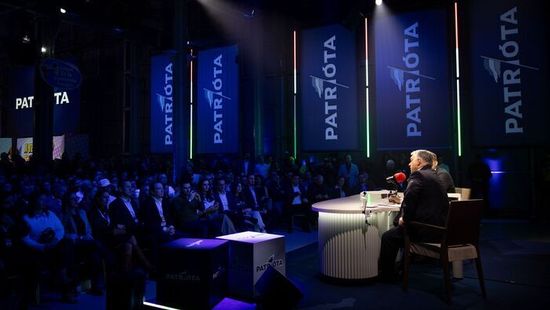
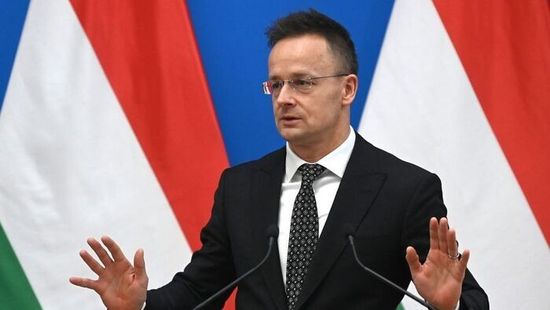

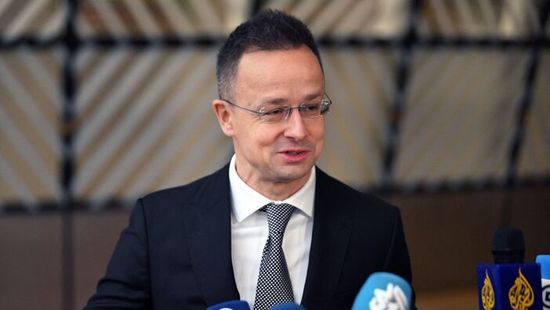


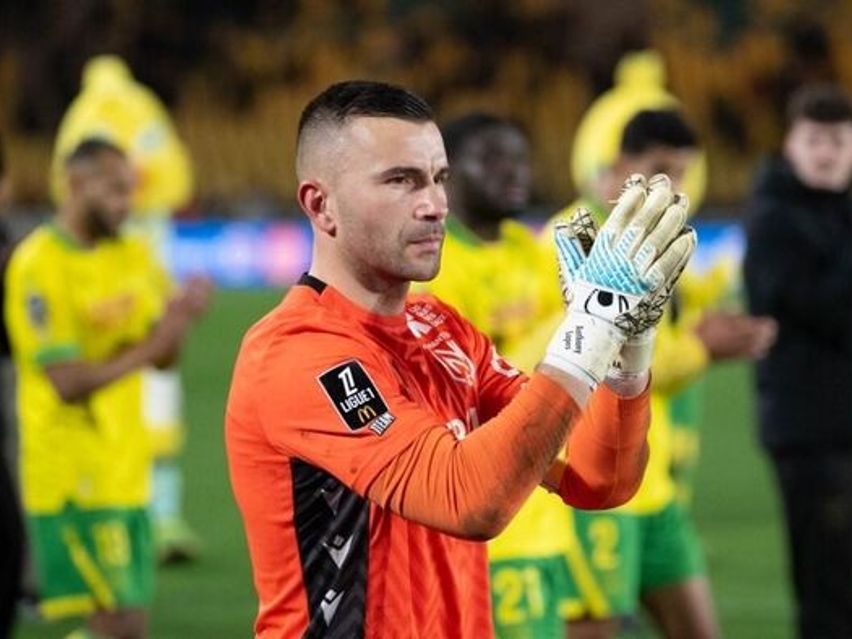
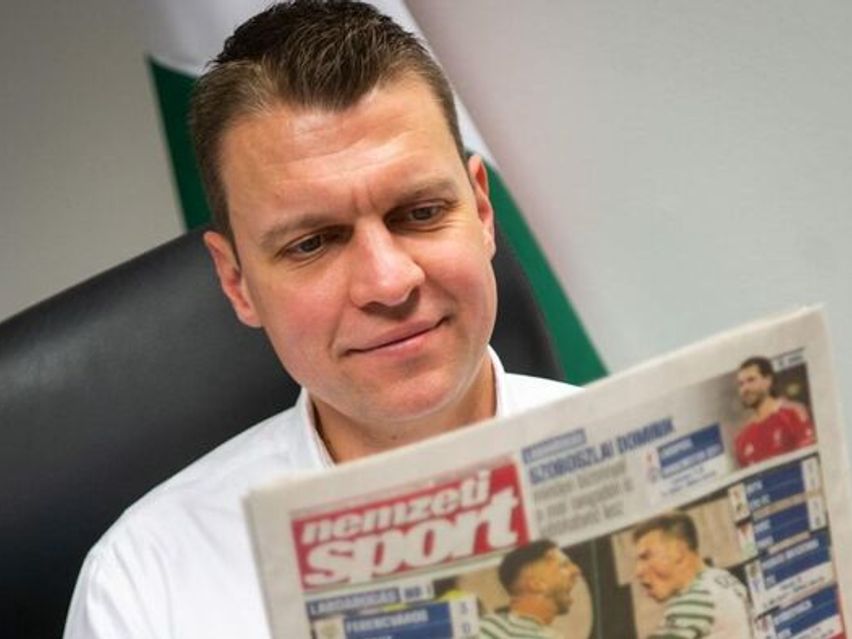


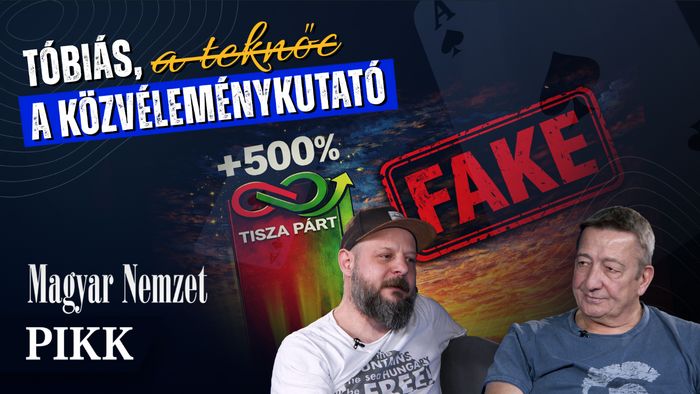
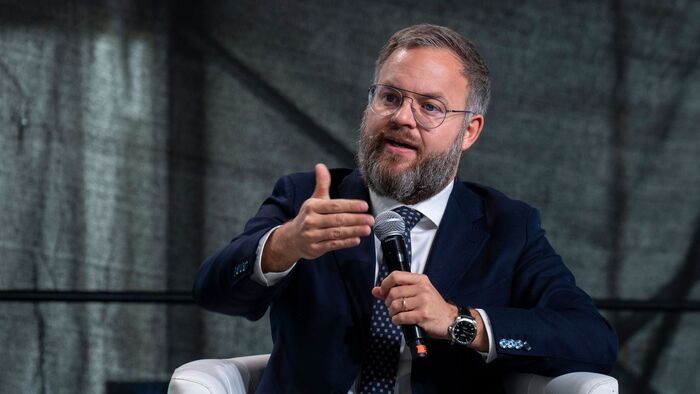
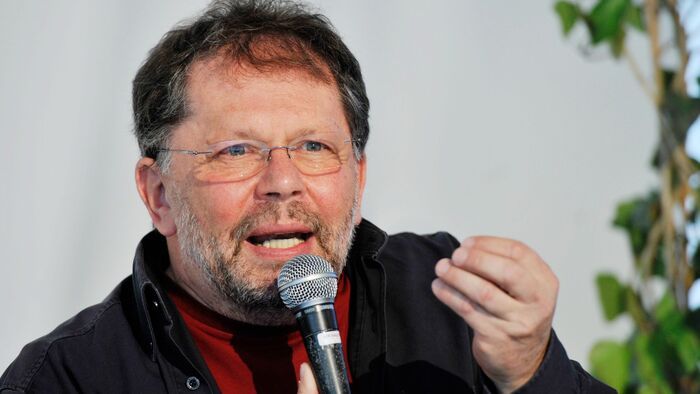
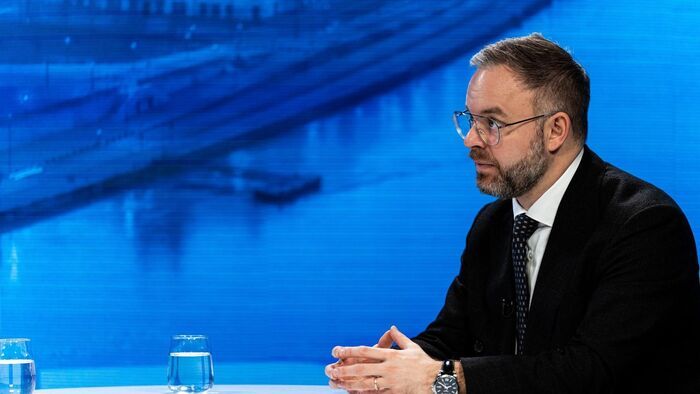
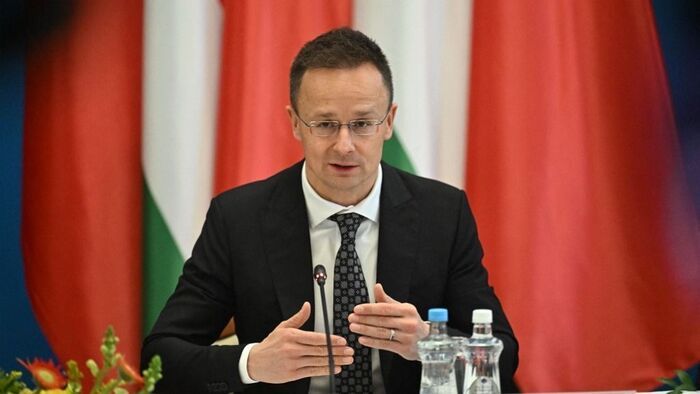


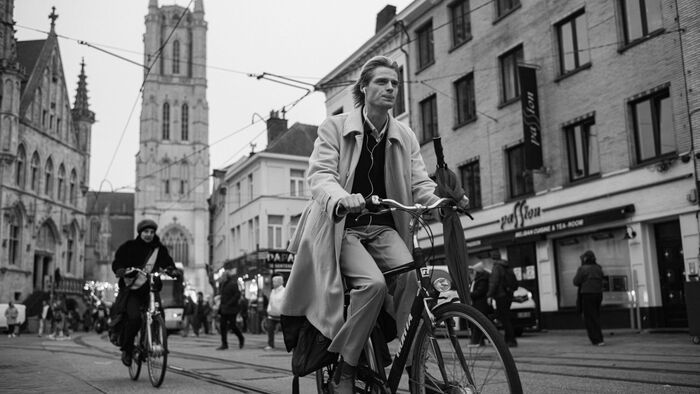
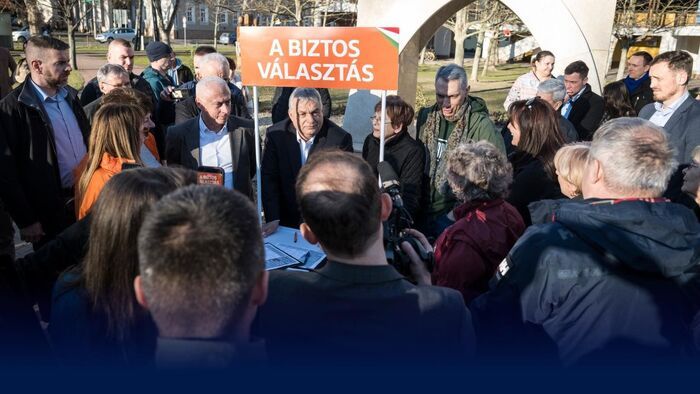
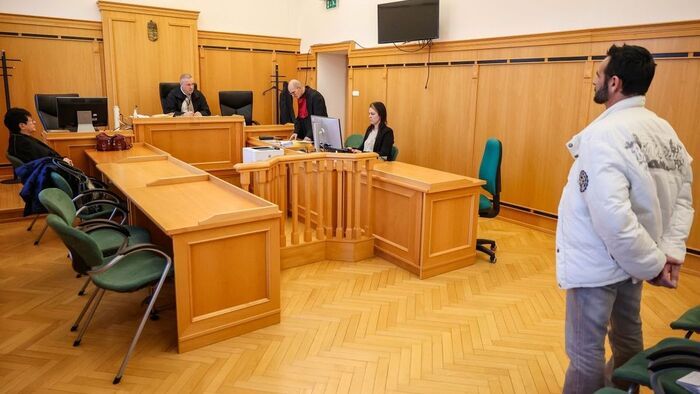

Szóljon hozzá!
Jelenleg csak a hozzászólások egy kis részét látja. Hozzászóláshoz és a további kommentek megtekintéséhez lépjen be, vagy regisztráljon!